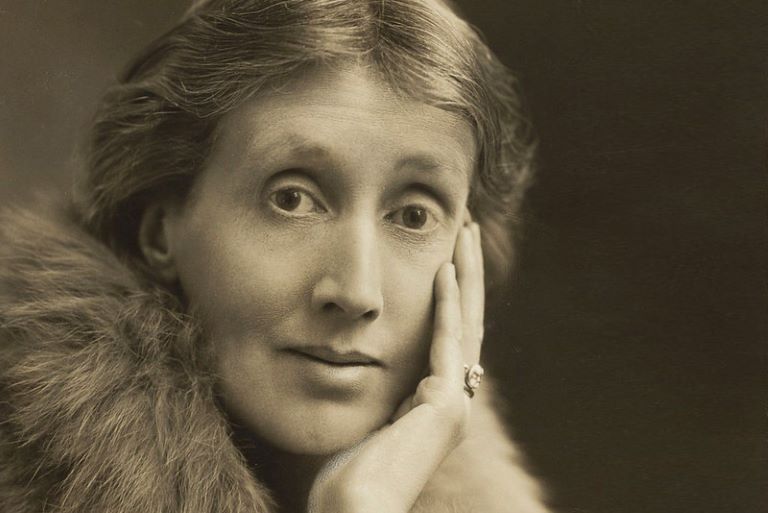LGBTQIA+ Icon: Em
22/02/2024

LGBT+ History Month is celebrated every February in the UK. It exists as a moment to reflect and remember the history of the people within LGBTQIA+ communities and look back at the progress made over the years. This LGBT+ History Month we invited staff to get involved and here is a story from Em in our Living Well Team.
My LGBT icon is one of Virginia Woolf’s finest characters. I first read Orlando whilst studying World Literature at the University of Manchester. It was made into an excellent cinematic production in Sally Potter’s 1993 adaptation, starring Tilda Swinton. Virginia Woolf dedicated the novel to her friend and lover, a fellow writer, Vita Sackville West.
Virginia Woolf’s Orlando ‘The longest and most charming love letter in literature’, follows our protagonist, Orlando, over three centuries. In the opening saga, Queen Elizabeth 1, played by Quinten Crisp in the movie, becomes entranced by Orlando’s youth, and commands, “Do not wither, do not grow old.” Orlando, keeping his promise to her, never seems to age for over 300 years. The novel traces his experiences of a young man engaging with first love, poetry, and war- set against visceral landscapes such as the Great Frost in the era of James I. Now, an ambassador in Constantinople, at the apex of the novel, Orlando awakes to find himself transformed into a woman, “for there could be no doubt of her sex”. We then see Orlando in Georgian England, navigating high society as woman, losing her estate due to her ‘change in circumstances’, falling in love (and out), until we reach England in 1928: a decade charged by the fight for women’s suffrage. By the end of the novel, Orlando seems to have morphed into something neither male nor female, but simply, ‘Orlando’.
Throughout the novel, Orlando engages with the gendered expectations of their time, they seem to try and fail to settle with archetypal notions of ‘male’ or ‘female’ and by the end, reject both. Identity, gender and sexuality are beautifully explored in Woolf’s rich and enigmatic prose. It is a startling, eccentric novel, and completely revolutionary for its time.
It is important to remember that the novel was published in 1928, a time before terms such as ‘trans’, ‘patriarchy’, and ‘non-binary’ existed, so we must be careful when reading this through contemporary queer lenses. However, that isn’t to say that these ideas didn’t exist, or individuals and even entire communities that defied traditional ideas of gender. Femininity, masculinity and expectations for each have always been in flux. For example, Native American Two Spirits are individuals who believe they embody both masculine and feminine energies. In nature, we see matriarchies everywhere, bees for example, live and die for the preservation of the queen bee.
What I love about Orlando, apart from its playful subversion of gender, and wilful exposé of the trials and tribulations of what is it to be ‘a man’ or a ‘woman’ is its wonderful suggestion that gender doesn’t have to be binary. In my personal journey with gender identity, and not always feeling like I fit the label of ‘woman’, this novel really helped me to move away from the feelings of guilt and confusion that had often surrounded me when it came to my own gender expression. It is a beautiful reminder that for me, my gender can be playful, expressive and transformative. It can be empowering, inspiring, and take me to places and communities I hadn’t even dreamt of. For some people, being a woman or a man will suit them fine for their lives, and that’s great, but for me, I never identified closely with either one of them. I always felt different, on the fringes. It was through community, and works like Orlando, that my mind was opened to different ways of being in the world: ones that resonated more with the authentic me. I don’t like labels, I just feel like ‘Em’, and that’s okay.
I would recommend Orlando to anyone, there is so much more to the story than what I have described, and it is a stunning work. I would absolutely recommend both the novel and film; both are exquisite in their own marvellous ways.
Virginia Woolf 1927 – Thanks to Harvard Theater Collection, Houghton Library, Harvard University